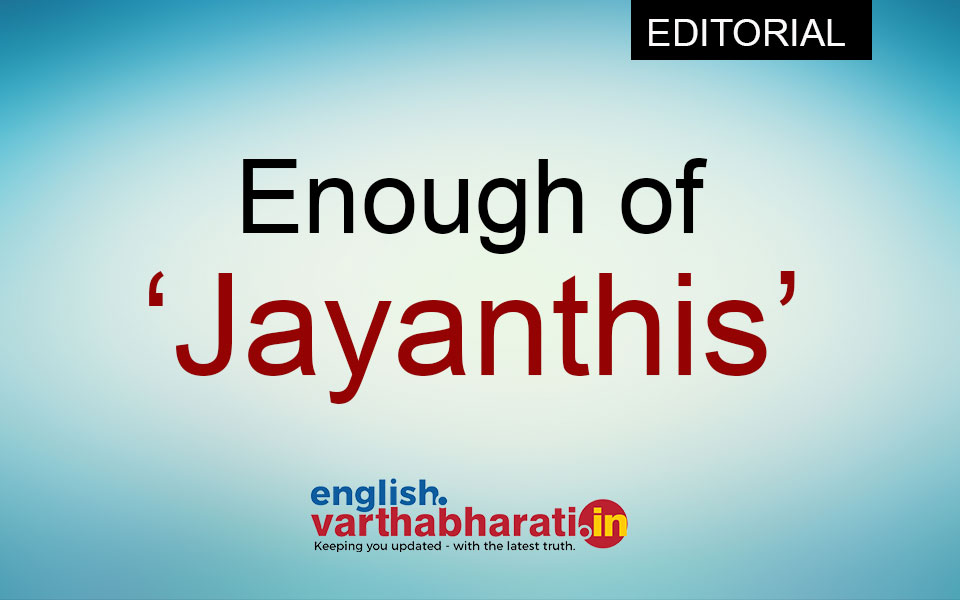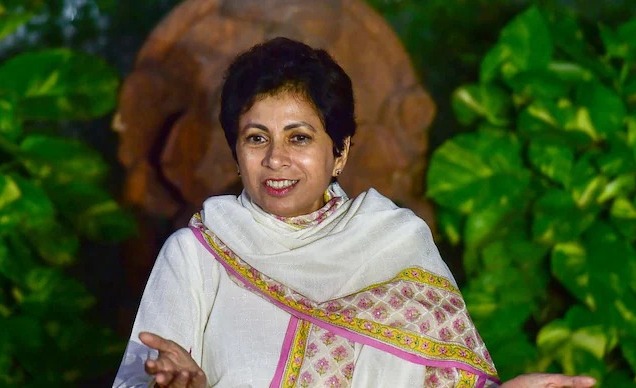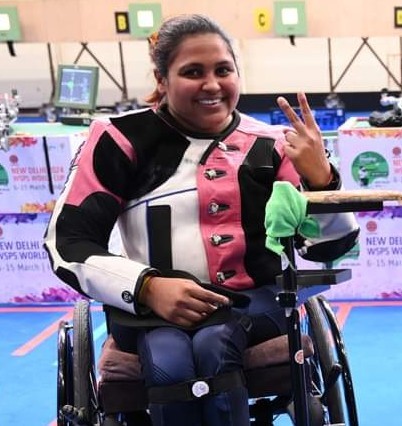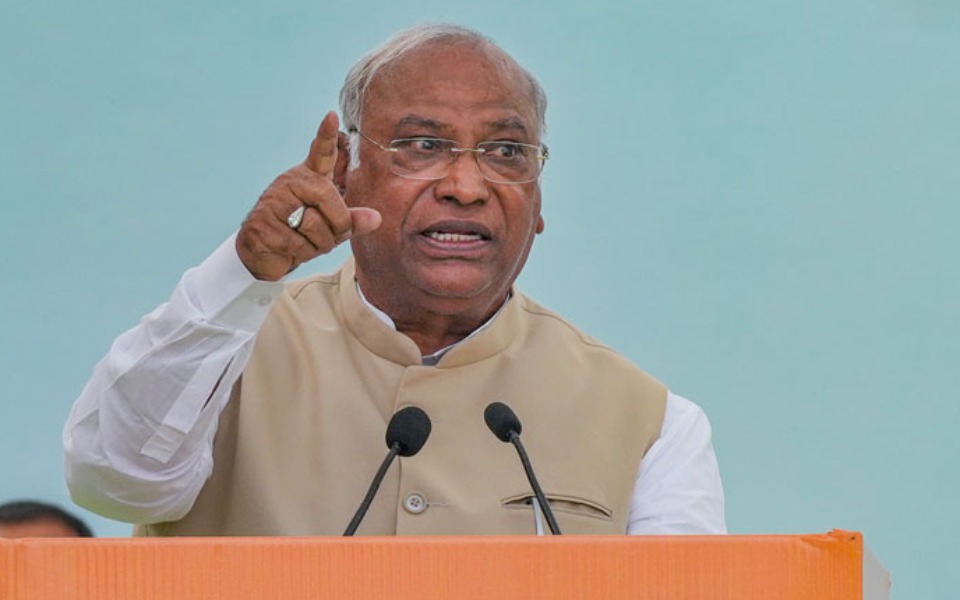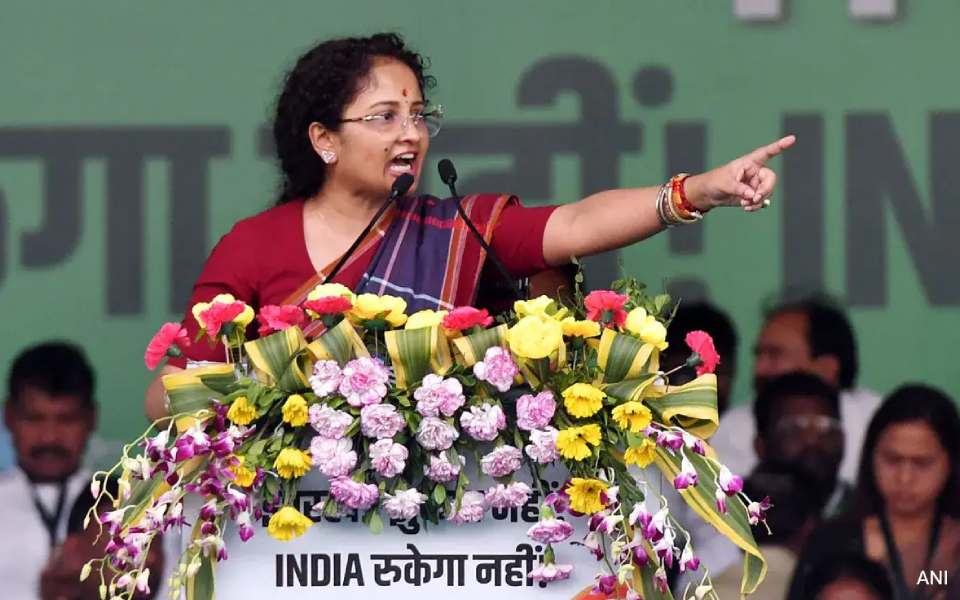The government has found a noble way to divert discussions on progress and development. One among those is to announce a ‘jayanthi’ or the birth anniversary of historical persons. The government, in its bid to woo people from different categories even at the cost of avoiding the efforts to find solutions to people’s problems, is announcing birth anniversaries that are rather emotional to the members of that particular community.
In order to get confidence of people from Beda community, government announced Valmiki Jayanthi, then came Kanaka Jayanthi for Kurubas, Narayana Guru Jayanthi for Billavas, Shankara Jayanthi or Madhwa Jayanthi for Brahmins, Tippu Jayanthi for Muslims etc. Politicians assume once a while if these Jayanthis are celebrated, people from those communities can be easily pacified and they would avoid embarrassing moments to the government by not asking questions relating to real problems in the society.
It is not the government’s job to celebrate Jayanthis. Many revolutionary people have made this society a rich one with their lives. The government, must indeed, respect them. But looks like the governments have disrespected these people, more than honouring them. These people who lived a meaningful life cutting across their religious identity, have been restricted to their birth community tag thereby limiting their contribution to the society. If the intention of such birth anniversaries is to honour, then the government has to implement their thoughts for the betterment of the society.
What respect would we be giving to Basavanna if we declare holiday to schools and some politicians or officers gather to offer lengthy speeches on the day? What is the use of garlanding the statue of Basavanna without chalking out any programmes to strive to create the caste-less society he dreamt of? The same government that is celebrating Basavanna’s birth anniversary, is also celebrating the birth anniversary of Shankaracharya who was a strong proponent of caste system. Shankaracharya’s thoughts and teachings have been in stark contrast to that of Basavanna’s. Do these contradictions make sense at all? What does the government want to achieve with all this? What does the society gain from this?
The government has to draft a code of celebration so that the Jayanthis and Utsavas as official programmes have a framework to follow. Independence day, republic day, and Kannada rajyotsava these days would consolidate people and bring them on the same platform. Along with this, may be, government can officially celebrate Gandhi and Ambedkar Jayanthi. And when it comes to Karnataka, government could only celebrate Kannada Rajyotsava and not any other Jayanthis.
Everybody is free to celebrate the Jayanthis of their leaders or that of the persons they like the most for their ideologies and thoughts. The government can plan to bring out Vachana literature in book form or print bhakti literature written by Kanaka Dasa. Those who love Kanaka Dasa can also celebrate his Jayanthi as a private event. Those who love Tipu Sultan can also have a private celebration of his birth anniversary. He was a king who was bound to defend his land.
We need not remember him for fighting till his last breath to defend the Kannada land against the British. Instead, we need to reminisce his concern towards Dalits, farmers and women. We also need to understand despite being a Dalit, he had respect for people across all religions. His administrational farsightedness is commendable. The government can reach the positive aspects of his administration to people through some effective medium and protect the monuments in his memory. But his Jayanthi must be restricted to those who adore him. This does not apply to Tipu alone, but also to Keladi Chennamma, Abbakka, Kempegowda and others too.
Government announced the celebration of Shankaracharya Jayanthi. Many thinkers have written articles about Shankaracharya. It has been proved beyond doubt that he was a casteist and was biased against the Shudras and Dalits. He established one community, and was not a leader who surpassed his community identity. Many classes do not accept his teachings. And by announcing his Jayanthi celebrations, the government has brought some difficult times upon itself. There could be a demand to celebrate Madhwa and/or Ramanuja Jayanthi too, by another category of people. The government had made the same mistake in case of the Nadageethe or the state song. Kuvempu had not included the name of Madhwa in his original poem. He had made his dislike for Madhwa well known through his writings and speeches. But giving in to Pejawara Shree’s pressure, the then CM S M Krishna ensured Mahdwa’s name was included in the poem, and took the caste battle to a different level. Government indirectly imposed Madhwa upon people.
The economic status of Dalits and Muslims is in doldrums. They do not need Jayanthis but some comprehensive change in education, health and social starta of the society. The government’s position will be known if they reveal the plans they have made to change things for better for weak categories. All the Jayanthis need to be ended with immediate effect and the money thus saved must be used to improve the status of government schools. Hence, the government must ensure all Jayanthis and events, except for Kannada Rajyotsava are ended for the betterment of people.
Let the Truth be known. If you read VB and like VB, please be a VB Supporter and Help us deliver the Truth to one and all.
Chandigarh (PTI): The Congress on Thursday announced candidates for eight of the nine Lok Sabha seats it is contesting in Haryana, fielding former Union minister Kumari Selja, Rajya Sabha MP Deepender Hooda and youth leader Divyanshu Budhiraja, besides two sitting MLAs.
The party has also fielded former MP Jai Prakash and leaders Satpal Brahmachari and Mahendra Pratap, according to the list released late Thursday evening.
The Congress is contesting nine of the 10 Lok Sabha seats in Haryana. It has not yet announced its candidate for the Gurugram constituency.
The Aam Aadmi Party, a constituent of the opposition INDIA bloc, will contest the Kurukshetra seat.
Congress general secretary and former Union minister Selja will contest from the Sirsa (reserved) seat and sitting MLAs Varun Choudhary and Rao Dan Singh from the Ambala (reserved) and the Bhiwani-Mahendragarh Lok Sabha seats, respectively.
Deepender Hooda, son of former chief minister Bhupinder Singh Hooda, will enter the fray from Rohtak. He has represented the Rohtak parliamentary constituency three times in the past.
Jai Prakash has been fielded from Hisar, the Congress' Haryana youth wing president Divanshu Budhiraja from Karnal, Satpal Brahmachari from Sonipat and Mahendra Pratap from Faridabad.

